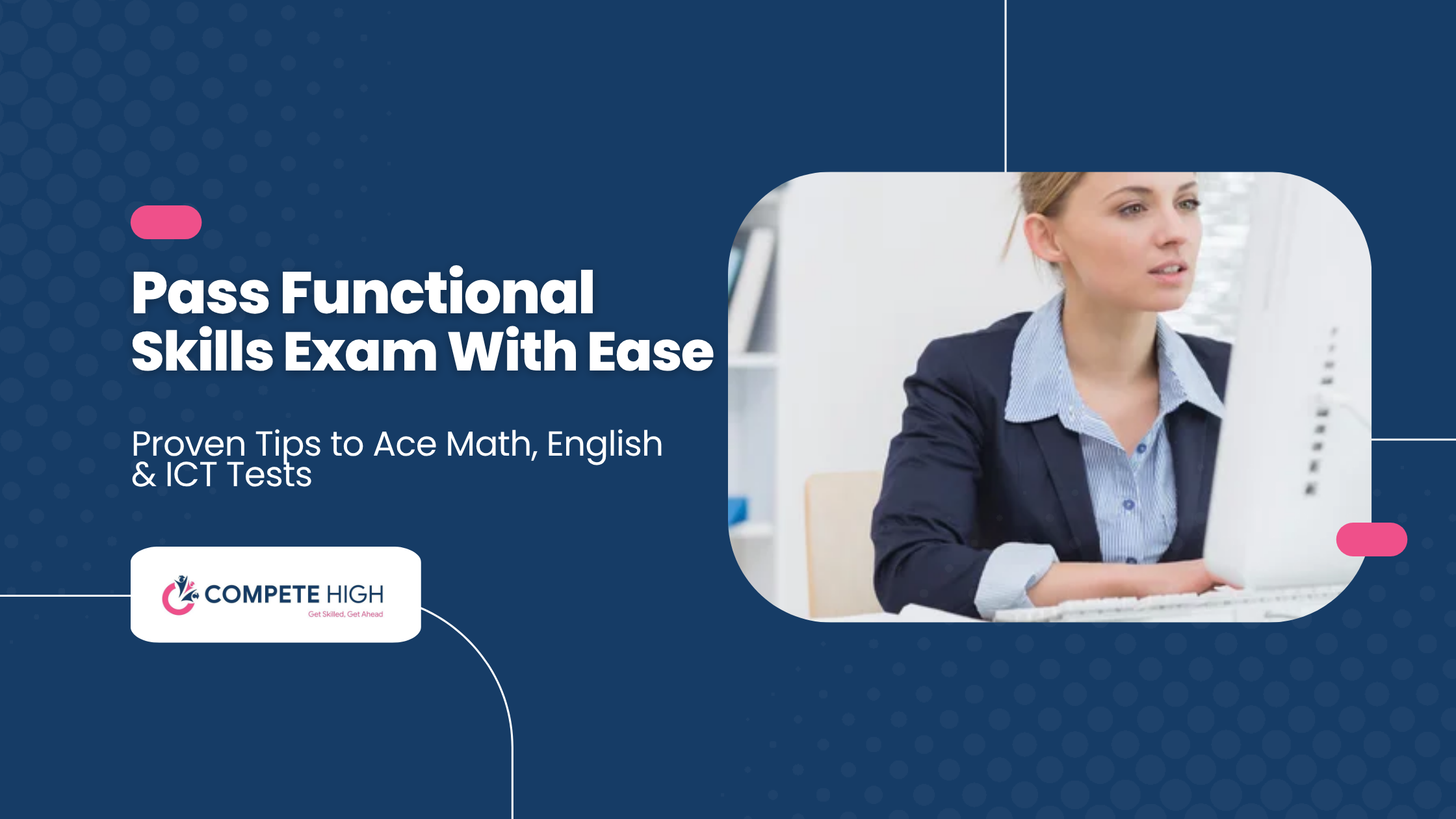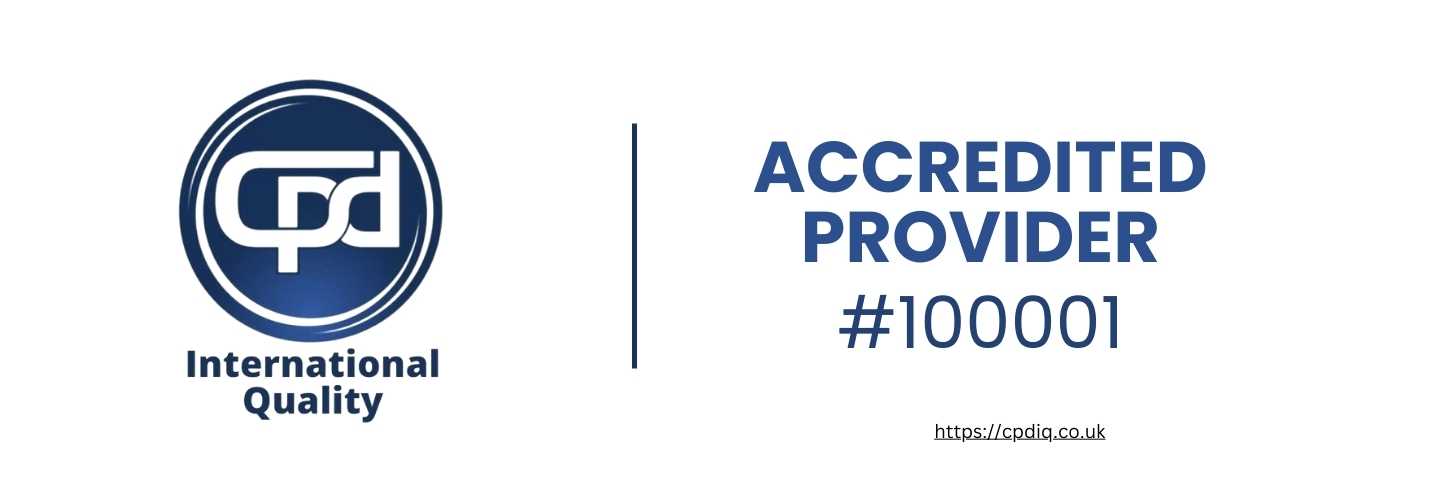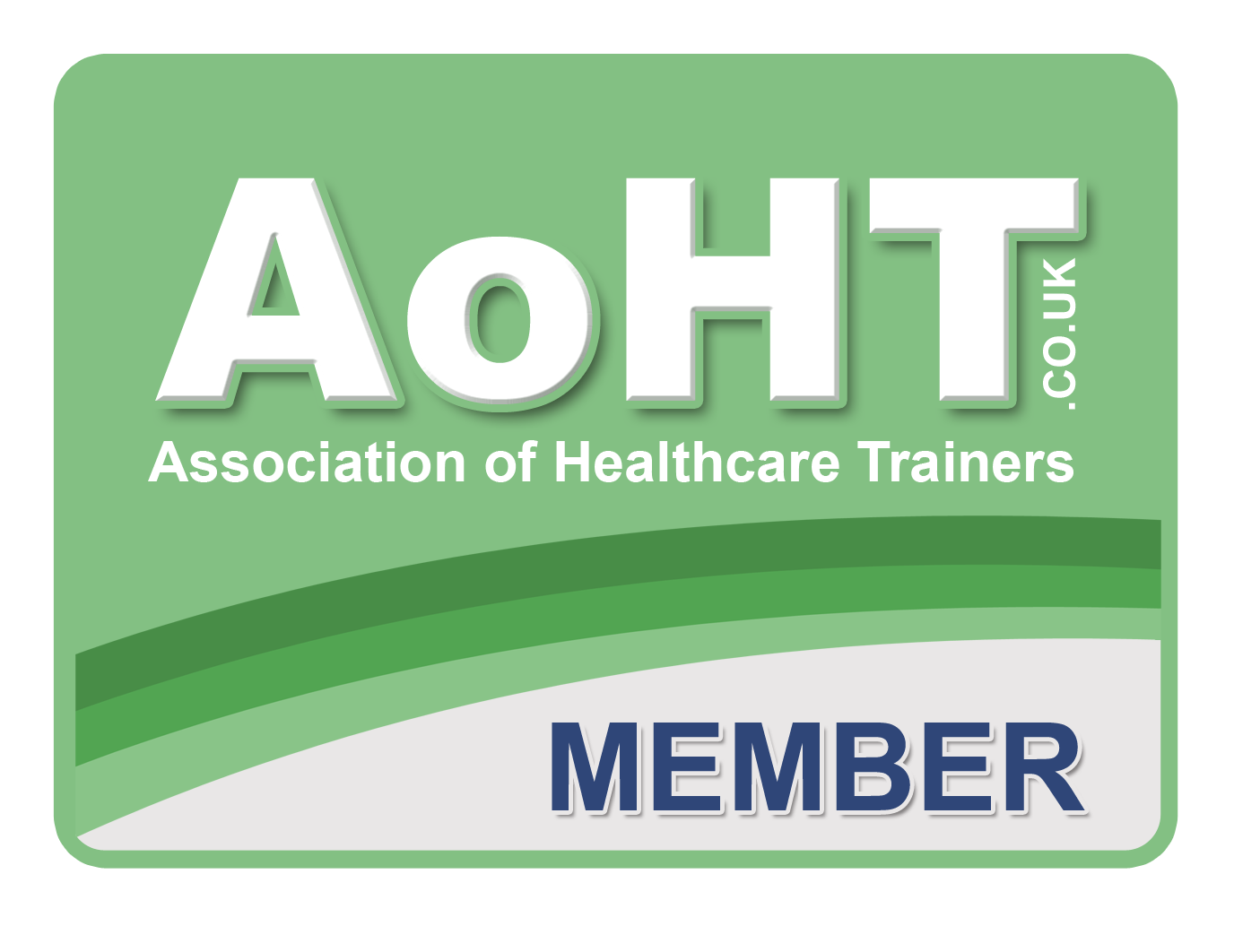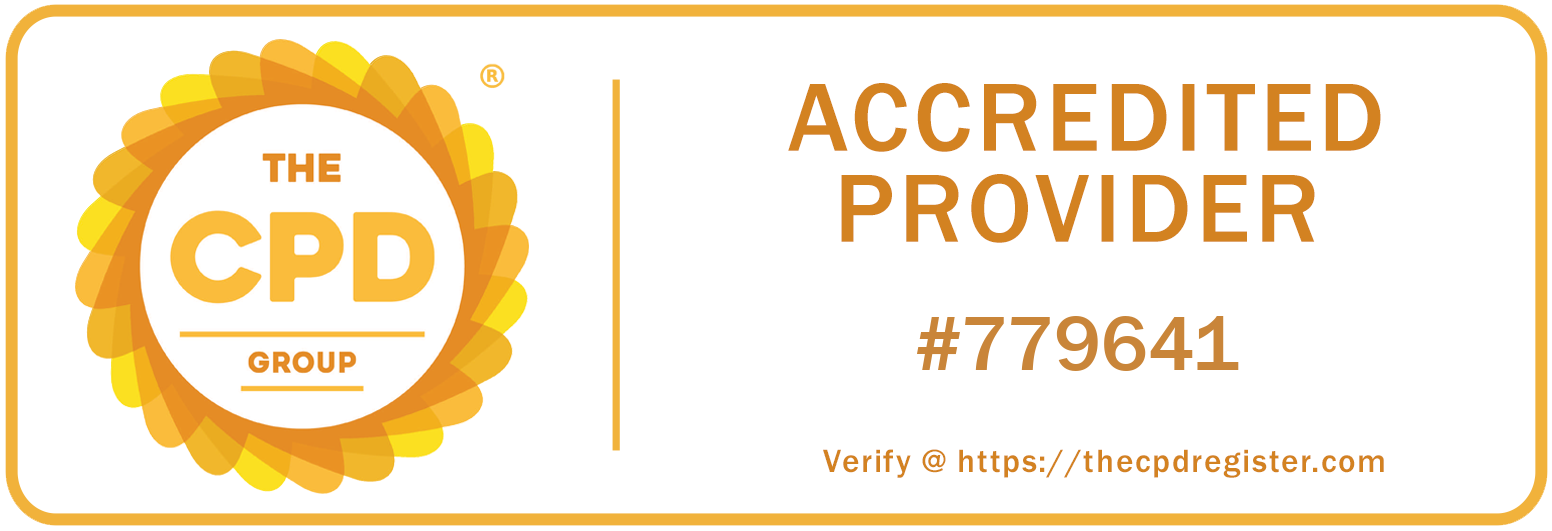
We understand that the Functional Skills exam can be nerve-wracking. Countless learners all over the UK experience the same stress before their Functional Skills test. But the good news is that passing Functional Skills is not about being the smartest person in the room – it is more about having the right approach.
The qualifications in Maths, English, and ICT are designed to assess the practical and real-life skills that you possess. It is not about rote learning. Picture these qualifications as everyday life exams. Managing your bills, writing coherent emails, or creating an organised spreadsheet are all tasks that can be tested in everyday life.
Many learners ask, “Is Functional Skills easy to pass?” The answer depends on your preparation and confidence – and that is exactly what this guide will help you with. Whether you are returning to education, planning to go to university, or looking to improve your career, this is the guide for you.
It will give you the confidence you need to Pass Functional Skills and achieve your goals. The guide outlines the test content, explains these qualifications, and covers proven strategies to help you pass on the first try.
Quick Overview
Passing your Functional Skills exam doesn’t require advanced theory — it’s about applying real-life Maths, English, and ICT skills with confidence. Whether you’re aiming for university, career progression, or personal development, this guide helps you prepare effectively and Pass Functional Skills on your first attempt.
You’ll discover:
✅ What the Functional Skills exams are and how they compare to GCSEs.
✅ The three subjects at a glance — Maths, English, and ICT — with real-life examples.
✅ Why passing Functional Skills matters for jobs, education, and confidence.
✅ Practical strategies on how to pass Functional Skills Maths and English, including tips, common mistakes, and exam structures.
This post will give you a clear plan to prepare efficiently, help you manage your stress, and get you that certificate on your first attempt. With the right mindset and preparation, you can Pass Functional Skills successfully and move forward with confidence.
What Is the Functional Skills Exam?
In the UK, people take the Functional Skills Exam to earn a qualification that shows they can apply Maths, English, and ICT skills to everyday situations. This exam does not require advanced theories. Instead, it focuses on practical qualifications that people can use at home, at work, or in other everyday situations.

Many learners wonder, “Is Functional Skills easy to pass?” The answer depends on your preparation and confidence. With the right support and study plan, you can Pass Functional Skills and gain a recognised qualification that proves your real-world abilities.
Functional Skills vs GCSEs
Both qualifications aim to assess the same core skills. However, they differ substantially in their practicality. GCSEs are primarily focused on academic and theoretical schoolwork, while Functional Skills concentrate on life tasks such as reading an invoice, writing an email, or performing a basic analysis to make a decision.
Because Functional Skills are more applied, many learners find them a practical and achievable route to success. With effective preparation, you can confidently Pass Functional Skills and use the qualification to open doors to further study or employment.
| Aspect | Functional Skills | GCSE |
| Focus | Real-life problem-solving | Theoretical and academic |
| Style | Applied learning | Subject-based study |
| Assessment | Scenario-based tasks | Written exams |
| Pass Level | Entry 1 – Level 2 | Grades 1 – 9 |
| Recognition | Accepted by employers & universities | Standard academic route |
Essentially, Level 2 Functional Skills = a GCSE grade 4 (pass mark C) — meaning you can use it to meet university or apprenticeship entry requirements.
The Three Subjects at a Glance
1. Functional Skills Maths
Learn essential mathematics skills that you use every day, such as working with percentages, ratios, measurements, and data. You need to understand the information, solve the problem, and explain how you reached your answer step by step rather than just providing the result. If you are wondering, “How do I prepare for a Functional Skills test?”, the key is to practise real-life maths problems and focus on showing your working clearly. With steady preparation, you can confidently Pass Functional Skills Maths.
2. Functional Skills English
This qualification measures your communication ability, including reading, writing, speaking, and listening. You will interpret and analyse texts, compose both formal and informal pieces of writing, and engage in conversations. The focus is on clarity, tone, and structure rather than complex grammar. When thinking about how to prepare for a Functional Skills test, reading regularly and practising different writing styles can greatly improve your chances to Pass Functional Skills English.
3. Functional Skills ICT (Digital Functional Skills)
This subject assesses your ability to use a computer effectively, including document creation and editing, file management, working with spreadsheets, sending emails, and understanding digital safety. The most recent version, Digital Functional Skills, evaluates your communication abilities and your awareness of data protection. Like all Functional Skills qualifications, ICT focuses on real-life application. With the right preparation strategy and consistent practice, you can Pass Functional Skills ICT successfully.
Real-Life Relevance
Every skill you learn in Functional Skills has a real-life focus. You are not learning abstract concepts — you are learning how to perform real-life tasks such as:
- Calculating your monthly budget or the interest on a loan.
- Writing a professional email to a manager or a client.
- Using Excel to record and analyse basic data.
- Understanding the internet, how to share files securely, and practising digital safety.
This practical focus is why employers and universities across the UK accept Functional Skills as valid proof of proficiency in Maths, English, and ICT. By developing these essential everyday skills, you are also preparing yourself to Pass Functional Skills confidently and apply your knowledge effectively in real situations.
Who Accepts Functional Skills?
Functional Skills Level 2 is widely recognised by:
- Employers for job applications, apprenticeships, and promotions.
- Colleges and universities as an alternative to GCSEs for entry.
- Professional bodies for vocational qualifications and training routes.
According to reports from Ofqual and Pearson, over 1 million Functional Skills certificates are issued each year, proving how valuable they’ve become in education and employment. When you Pass Functional Skills, you gain a qualification that is trusted by employers, colleges, and universities across the UK — opening doors to new opportunities and further learning.
Section 2: Why Passing the Functional Skills Exam Matters
Passing your Functional Skills exam is much more than completing another qualification — it is a pathway to education, employment, and confidence. Functional Skills enables you to reach your goals, regardless of your age, whether you are an adult learner returning to the classroom or a school leaver aiming to Pass Functional Skills on your first attempt.

1. Career Advancement and Job Opportunities
Most employers now require a minimum of Level 2 in Maths and English, which is equivalent to a GCSE grade 4 (C). Functional Skills meets that requirement perfectly.
From admin jobs to engineering internships, having these certificates on your CV demonstrates that you can handle invoicing, write professional correspondence, and organise spreadsheets effectively.
Based on a recent report from the UK Department for Education, 70% of employers value Functional Skills qualifications as proof of readiness for the workforce. Additionally, many apprenticeship providers require learners to Pass Functional Skills as part of their entry requirements.
If you are wondering, “What is the pass score for Functional Skills?”, it can vary depending on the awarding body and subject, but it is typically around 55% to 60% for most Level 1 and Level 2 exams. This means that with the right preparation and support, passing is absolutely achievable.
2. For Education Progression
If you are applying for college or university and don’t have GCSEs, you can use Functional Skills Level 2 as your bridge. Further education colleges and training providers across the UK acknowledge these qualifications.
Functional Skills qualifications can allow you to progress in areas such as:
- Business administration
- Healthcare and social care
- Engineering and construction
- IT, computing, and data analysis
Even many popular routes, such as Access to Higher Education Diplomas and Nursing degrees, frequently recognise Functional Skills as acceptable entry qualifications. Passing your exam can therefore open many doors to higher learning and professional growth.
3. Confidence and Everyday Life Skills
Functional Skills helps you manage real-life situations successfully, including:
- Effective management of money and budgets.
- Clear, confident communication with employers and clients.
- Confident use of technology.
Learners often say that passing their Functional Skills exam is life-changing — not because it’s the hardest exam they’ve taken, but because it’s proof that they can learn, achieve, and grow. When you Pass Functional Skills, you build the confidence to apply your knowledge in everyday life and future opportunities.
4. A Qualification That Reflects the Real You
Functional Skills isn’t about trick questions or obscure theory. It’s about practical knowledge that you’ll use every day – so your results reflect your true, everyday problem-solving, critical thinking, and adaptability.
And the best part? You can retake Functional Skills as many times as needed. If you don’t Pass Functional Skills the first time, it’s okay — you can keep trying. With persistence, your hard work will pay off, and you’ll achieve a qualification that truly represents your skills and determination.
Section 3: How to Pass Functional Skills Maths
Maths is often the subject that causes the most anxiety. However, it can also become the easiest once you understand the logic behind it. You don’t need advanced formulas or complex algebra to Pass Functional Skills Maths — you need clarity, accuracy, and confidence.
Let’s break it down step by step.
1. Understand the Exam Structure
The Functional Skills Maths test has two major components:

- Non-calculator part (about 25% of the total score).
- Calculator part (approximately 75% of the total score).
You will have 1 hour and 45 minutes in total (this can vary slightly depending on the awarding body, for example, Pearson, City & Guilds, or NCFE).
The test will cover three main areas:
- Using numbers and the number system (percentages, fractions, ratios).
- Using common measures, shapes, and space (time, area, perimeter, and units).
- Handling information and data (charts, averages, graphs).
Understanding these sections helps you focus your revision on the skills that matter most. With consistent practice and a calm approach, you’ll be well-prepared to Pass Functional Skills Maths and demonstrate your ability to use maths confidently in real-life situations.
2. Important Topics to Note
Below are the most frequently assessed areas along with their relevance to everyday life.
| Topic | Real-Life Example | Tip |
| Percentages | Calculating discounts or interest | Practise converting between fractions, decimals, and percentages |
| Ratios | Mixing paint or ingredients | Write ratios as fractions to simplify comparisons |
| Averages | Working out class or team scores | Learn mean, median, and mode clearly |
| Measurements | Converting between units (cm to m, ml to l) | Memorise key conversions; sketch shapes to visualise problems |
| Area & Perimeter | Estimating flooring or garden size | Always label units and double-check working |
| Graphs & Charts | Reading data in reports | Focus on interpreting — not just plotting — data |
You’ll notice these aren’t abstract maths — they’re the same calculations used in daily decision-making.
3. Possible Mistakes
Even the most competent students make mistakes and lose marks because of the issues outlined below:
- Failing to show your working: Always provide a step-by-step guide. Even if your final answer is wrong, you may still receive method marks.
- Missing out on and/or ignoring your units: Properly convert, e.g., cm to m and pence to £.
- Misunderstanding the question: Highlight key data, then solve the question as presented.
- Overly hasty calculations: Speed is less important than accuracy; ensure your answers are correct.
Tip: Before your exam, practise with a timer set for the full duration. This helps you experience the time pressure and build your exam stamina.
4. Consistently Practise Your Effective Strategies
To succeed in Functional Skills Maths, consistent practice is essential. Here are some strategies to help you Pass Functional Skills:
- Complete past exam papers provided by Pearson Edexcel, City & Guilds, and NCFE.
- Use resources such as Pass Functional Skills, BBC Bitesize, and Skills Workshop for exam preparation.
- Spend at least 15 minutes a day solving mathematical problems.
- Create flashcards with key mathematical terms and content such as formulas, conversions, and keywords like mean, compound interest, and scale.
5. What Are the Pass Marks for Functional Skills Maths?
Functional Skills Maths pass marks vary slightly depending on the exam board and year, but generally are:
- Level 1: 60% – 65%
- Level 2: 55% – 60%
Always check with your exam provider, as thresholds may differ.
What happens if you pass Functional Skills in Maths? Passing demonstrates your practical ability in everyday maths and qualifies you for education progression, employment opportunities, and further training. Your result reflects your real-life problem-solving skills rather than abstract theory.
6. Is Functional Skills Maths Easy to Pass?
Functional Skills Maths is not necessarily easy, but it is achievable. Questions are realistic, and with regular preparation, you can Pass Functional Skills.
Think of it like learning to drive: the test may seem daunting, but once you know the rules and practise consistently, it becomes manageable.

You can retake the Functional Skills exams as many times as needed. Every attempt strengthens your understanding of timing, structure, and confidence.
Are Functional Skills just pass or fail? Yes, Functional Skills exams are graded on a pass/fail basis. Your focus should be on practising effectively and developing confidence to achieve a pass.
7. Mindset for Success
Do not let maths anxiety hold you back. Remember, the goal is preparation, not perfection.
Here’s a simple formula to keep in mind:
Effort + Strategy = Results
Focus on mastering practical understanding. Work through plenty of examples and celebrate small victories along the way. Every skill you master brings you closer to your certificate and the next opportunity that success will create.
Section 4: How to Pass Functional Skills English
The Functional Skills English qualification measures your ability to communicate in reading, writing, speaking, and listening. This is one of the most empowering and practical exams you will ever take, as strong communication is essential for any career, workplace, and all aspects of life.
To Pass Functional Skills English, take all the necessary steps to achieve clarity, confidence, and accuracy in your work. Remember, you do not need to memorise complex grammar rules. Instead, prepare for the exam as you would for any practical assessment.
Now, let’s explore the best way to prepare for each component to ensure you pass your exam and understand what type of questions are asked in a skills test.
1. Familiarise Yourself with the Exam Structure
There are three parts to the English exam:
- Reading: interpreting written texts (about 1 hour)
- Writing: creating formal or informal texts (about 1 hour)
- Speaking, Listening & Communication (SLC): demonstrating oral communication proficiency
Each part is scored independently, and to Pass Functional Skills English, you must pass all three sections.
2. Reading Component: Understanding and Interpretation
This part tests your ability to read with purpose. You might be asked to:
- Identify the writer’s tone and purpose
- Compare two texts on the same topic
- Locate facts, opinions, or persuasive techniques
- Infer meaning from context
Sample Question:
Read the two articles about recycling. How does each writer present their opinion?
Tips to Pass the Reading Section:
- Skim first, then scan: Skim for overall meaning, then scan for keywords when answering questions.
- Underline evidence: Highlight parts of the text that support your answer when asked to explain or compare.
- Pay attention to tone: Notice whether the language is formal or informal.
- Practise with real-world materials: Read news articles, brochures, and emails — similar to exam texts.
Common Mistake: Writing too much. Keep your answers concise and focused on the question — quality over quantity.
3. Writing Component: Expressing Ideas Clearly
In this section, you’ll need to produce two short pieces, such as:
- A letter or email (formal or informal)
- An article, report, or review
- A complaint, job application, or information leaflet
What Examiners Look For:
- Correct spelling, punctuation, and grammar (SPaG)
- Appropriate tone and register (formal/informal)
- Logical structure with paragraphs and clear flow
- Use of connectives and persuasive techniques when suitable
Top Writing Tips:
- Plan first: Spend 3–5 minutes noting key points
- Use PEE structure: Point → Evidence → Explanation
- Paragraph smartly: One idea per paragraph keeps writing clear
- Proofread carefully: Leave 5 minutes at the end to check spelling and punctuation
Common Error: Using slang or text abbreviations in formal letters. Stick to proper English (“I am writing to…” instead of “I’m writin 2…”).
4. Speaking, Listening & Communication (SLC)
This section may seem intimidating, but it’s simpler than many think. You’ll either participate in a group discussion or deliver a short presentation.

You’ll be marked on your ability to:
- Speak clearly and confidently
- Listen actively and respond appropriately
- Respect other speakers’ opinions
- Use suitable tone and body language
Practice Ideas:
- Rehearse with friends or family
- Record yourself speaking on a topic of interest
- Practise using clear sentences and maintaining eye contact
Mini Checklist: Before Your English Exam
✅ Read sample texts every day
✅ Practise writing short letters, emails, or reviews
✅ Record yourself speaking to boost confidence
✅ Check your spelling and punctuation daily
✅ Rest well before the exam — clarity comes from calmness
Section 5: How to Pass Functional Skills ICT (Now Digital Functional Skills)
The paced evolution of technology has led to changes in the Functional Skills ICT qualifications. The new qualification is now known as Digital Functional Skills, reflecting the practical skills needed for both employment and everyday digital tasks.
To Pass Functional Skills ICT, you need to understand the use of computers, software, and the Internet safely and efficiently. The focus is on developing practical digital literacy skills that are widely applicable in work, education, and daily life.
1. What’s Covered in the Digital Functional Skills Exam?
You’ll need to demonstrate that you can:
- Create and edit documents using Microsoft Word or similar software
- Work with spreadsheets for simple calculations and data management
- Use email and online communication tools correctly and safely
- Search for and evaluate online information
- Understand digital safety, privacy, and data protection
The exam is usually completed on a computer in a controlled environment. Tasks may include:
- Writing a formal email
- Formatting a document
- Creating a simple chart in Excel
- Finding accurate information online
Successfully completing these tasks will help you Pass Functional Skills ICT and gain confidence in real-life digital scenarios.
2. Key Skills to Practise
| Area | Example Task | What to Focus On |
| Word Processing | Writing a letter to a client | Formatting (bold, spacing, alignment) |
| Spreadsheets | Calculating totals or averages | Formulas, SUM, and formatting cells |
| Sending attachments, using CC/BCC | Professional tone and accuracy | |
| Online Safety | Recognising scams, secure passwords | Following GDPR and data ethics |
Tip: You don’t need to be a tech expert. The exam measures your ability to use technology safely and efficiently — not fix it.
3. Practice Resources and Tools
You can find free online resources to sharpen your ICT skills, including:
- Learn My Way – Free digital skills lessons for beginners
- BBC Webwise – Practical guides to online safety and technology
- Pass Functional Skills – Practice papers and mock tests
- YouTube tutorials on Word, Excel, and email basics

Regular practice is the best way to build confidence. Set aside time each week to work on a small digital project — like creating a household budget in Excel or designing a flyer in Word. Many learners ask, Can I do Functional Skills at home? The answer is yes — with these online resources, you can practise and prepare from the comfort of your own home.
4. How Digital Functional Skills Boost Employability
In nearly every modern job, digital competence is essential. By passing your ICT Functional Skills exam, you’ll demonstrate that you can:
- Use technology to communicate and manage information
- Handle digital data responsibly
- Adapt to new tools and software quickly
According to the Lloyds Bank Digital Index, 81% of employers say digital skills are now “essential” for job applicants. This proves that Do jobs accept Functional Skills? Absolutely — passing this exam doesn’t just improve your résumé; it boosts your real-world employability.
Section 6: Functional Skills Pass Rates (2023–2025 Data)
Understanding national pass rates can help you set realistic expectations — and also motivate you to prepare effectively. Data from Pearson, City & Guilds, and NCFE (three of the largest awarding bodies in the UK) show consistent trends in pass rates for Functional Skills exams.
Current Pass Rate Overview
| Subject | Level 1 Pass Rate | Level 2 Pass Rate |
| English | 75–82% | 70–78% |
| Maths | 65–72% | 55–65% |
| ICT / Digital Functional Skills | 78–85% | 70–80% |
(Data aggregated from 2023–2025 Ofqual and Pearson annual reports.)
Why English Has Higher Pass Rates Than Maths
English typically yields better results because it’s based on comprehension and communication skills that many learners already use daily. Maths, however, often involves relearning forgotten concepts or conquering exam anxiety.
What Successful Students Do Differently
- Consistent practice — even 30 minutes daily builds confidence.
- Use of past papers to familiarise themselves with real exam questions.
- Asking for feedback from tutors or online communities.
- Staying calm under pressure, knowing the exams are designed to assess life skills — not perfection.
If you can read, write, and use numbers in everyday tasks, you already have what it takes to pass Functional Skills — you just need to polish those skills strategically.
Section 7: Online vs Offline Functional Skills Courses
With modern flexibility, you can now choose how to study — online, offline, or even a mix of both. Each option has unique advantages depending on your lifestyle and learning style.
Online Functional Skills Courses
Online learning has become the most popular route for UK learners — especially for adults balancing jobs or family.
Pros:
- Study anytime, anywhere — ideal for busy schedules
- Interactive quizzes, video lessons, and progress tracking
- Access to digital mock exams and instant feedback
- Option to take your exam remotely (Can I do Functional Skills for free? Some providers offer free resources and practice tests online)
- Option to take your exam at home (Can I do Functional Skills at home? — yes, through accredited online exam centres)
Cons:
- Requires self-discipline and time management
- Limited in-person support (though many providers offer tutor chat)
Online exams are invigilated remotely via webcam and screen sharing, ensuring full compliance with awarding body regulations. Platforms like Pass Functional Skills and Learn Direct make it simple to register, revise, and take your test without leaving home.
Offline (Classroom-Based) Courses
In-person Functional Skills classes are still widely available at colleges, adult learning centres, and training providers across the UK.

Pros:
- Direct interaction with tutors and peers
- Structured learning with a fixed timetable
- Immediate feedback and motivation
Cons:
- Less flexibility with timing and location
- Travel time and potential waiting lists at local centres
Hybrid Learning: The Best of Both Worlds
Many providers now offer hybrid courses — combining online study materials with optional in-person workshops or tutoring sessions. This approach gives you flexibility and accountability, perfect for adult learners returning to study after years away.
🏫 Section 8: Offline Learning Tips
If you choose an in-person Functional Skills course, here’s how to get the most from it:
- Manage Your Time Effectively
Create a weekly schedule and stick to it. Functional Skills courses are usually short — around 6 to 10 weeks — so consistency matters more than intensity. - Engage in Class
Ask questions, join discussions, and offer examples from your experience. Functional Skills lessons often revolve around real-life contexts, so participation boosts understanding. - What to Expect on Test Day
- Environment: Quiet, supervised setting with either paper-based or computer-based tests
- Timing: Each subject lasts about 1–2 hours
- Identification: Bring photo ID (like a passport or driving licence)
- Equipment: You may need a calculator (for the maths section), pens, and paper for rough work
Knowing what to expect reduces stress — and confidence is half the battle. Following these tips can help you Pass Functional Skills efficiently and with less anxiety.
Section 9: Functional Skills FAQ
Let’s tackle some of the most common questions learners ask before sitting their exams.
What is the pass mark for Functional Skills?
The pass mark varies slightly by exam board, but typically you need around 55–60% to pass Level 2. Always confirm with your training provider or awarding body.
Are Functional Skills hard to pass?
Functional Skills are designed to be accessible, not easy. You’ll need effort and preparation, but with consistent practice, most learners succeed — especially since questions are based on practical, real-life scenarios.
Can I retake Functional Skills if I fail?
Yes. You can retake the exam as many times as needed. Most providers even offer resit discounts or support sessions to help you improve.
How long are Functional Skills exams?
- Maths: ~1 hour 45 minutes
- English Reading: ~1 hour
- English Writing: ~1 hour
- ICT / Digital Skills: ~1 hour 30 minutes
Timings may vary slightly depending on the exam board.
Do jobs accept Functional Skills?
Absolutely. Employers across the UK accept Functional Skills Level 2 as equivalent to a GCSE grade 4 (C). They are particularly valued for apprenticeships, promotions, and vocational roles.
Can I do Functional Skills at home?
Yes, through accredited online centres. Remote exams use webcams for invigilation, allowing you to take your test safely from home.
Can I do my Functional Skills for free?
If you are aged 19+ without a GCSE pass in Maths or English, you may qualify for free Functional Skills courses under government funding, often through your local college or training provider.
What happens if you pass Functional Skills in Maths?
Passing proves you have essential numeracy skills. You can use your certificate to access higher-level qualifications, apprenticeships, or even degree programmes that require GCSE Maths equivalency.
What type of questions are asked in a skill test?
Functional Skills exams are practical and scenario-based. You might be asked to calculate a shopping discount, write an email, or design a short spreadsheet — tasks directly linked to everyday life and work.
Conclusion
If you’ve ever doubted your ability to Pass Functional Skills, remember this: it’s not about brilliance — it’s about preparation, consistency, and self-belief. Every past paper you complete and every question you practise brings you closer to your goal.
Functional Skills qualifications are your stepping stones to new opportunities — in education, employment, and personal growth. They’re proof that learning never stops and that anyone, at any age, can succeed with the right approach.
So take a deep breath, trust your preparation, and step confidently into your exam. You’ve got this.
🎓 Start your Functional Skills course today — and turn your potential into progress.










